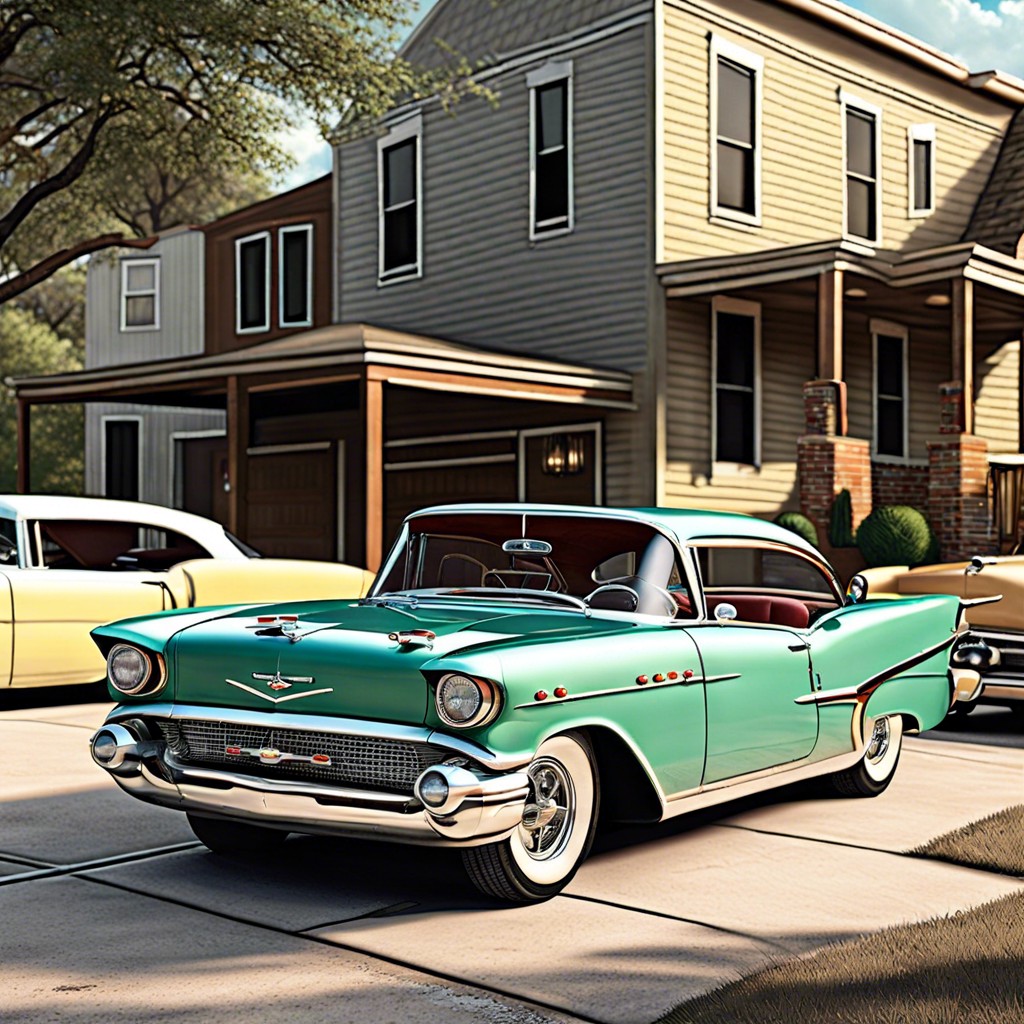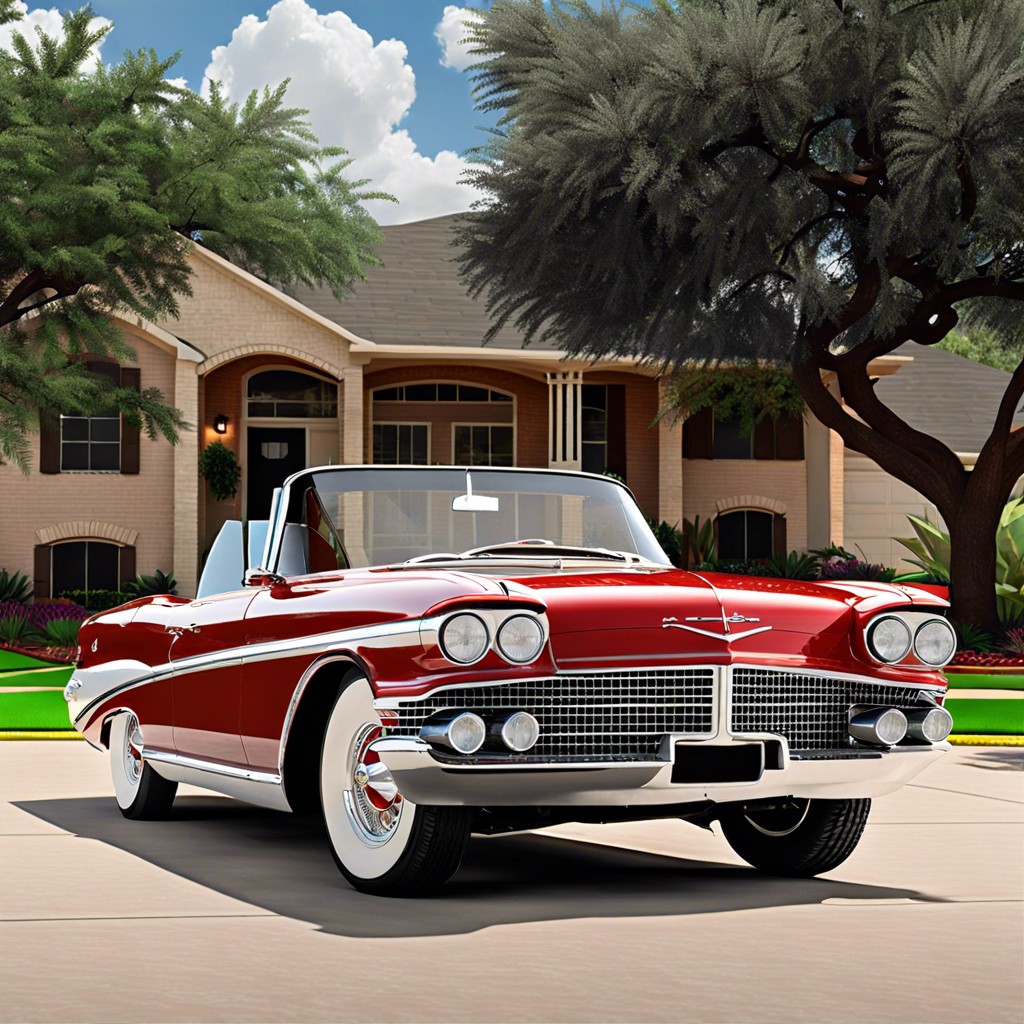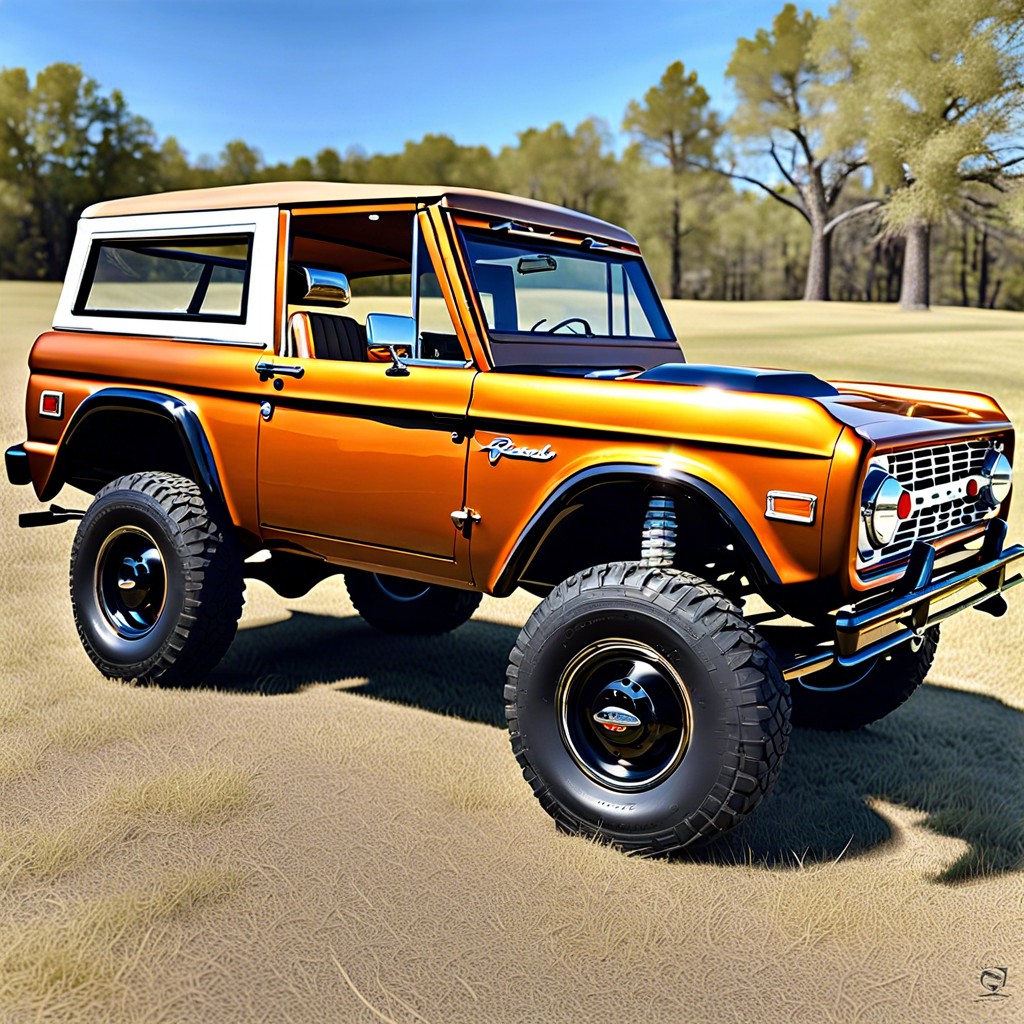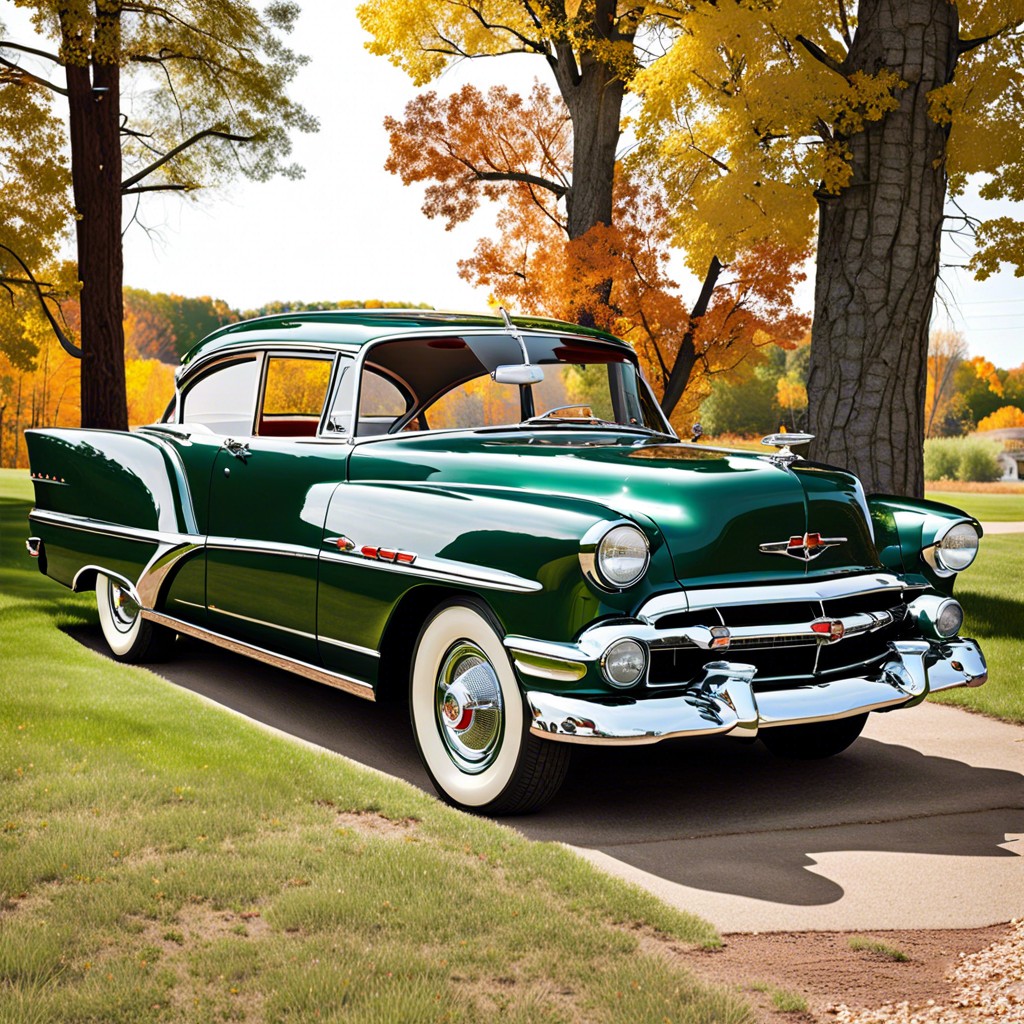Last updated on
Discover the key factors to consider when looking for classic cars for sale in Houston, ensuring a smart and satisfying purchase.
Key takeaways:
- Houston’s climate and road conditions favor the longevity of classic cars.
- Specialized dealerships, auto auctions, online marketplaces, and private sellers are all sources for finding classic cars in Houston.
- Thoroughly inspect the body, engine, frame, electrical systems, and interior of a classic car before making a purchase.
- Understand the legal process of buying a classic car in Texas, including title verification, submitting required forms, and obtaining insurance.
- Ownership costs of classic cars in Houston include maintenance, insurance, storage, fuel, taxes, and potential restoration expenses.
Understanding the Houston Classic Car Market

Houston’s climate and road conditions favour the longevity of classic cars, with less exposure to harsh winter conditions that can lead to rust and deterioration common in colder climates. The city’s vibrant car culture and numerous classic car clubs provide a supportive community for enthusiasts and potential buyers.
Local car shows and auction events serve as barometers for understanding pricing trends and the types of vehicles in demand within the region. For instance, American muscle cars from the 1960s and 1970s often fetch higher prices due to their popularity in Texas.
The influence of the energy sector and the resulting economic prosperity in Houston means that there is a significant market for luxury and high-end classic cars. This creates opportunities for both collectors and investors.
Texas’s lack of a state income tax can also impact the classic car market, potentially allowing buyers to allocate additional funds towards their purchases compared to those in states with higher tax burdens.
Overall, understanding the unique factors that shape Houston’s classic car market is crucial for making informed buying decisions.
Where to Find Classic Cars for Sale in Houston

Potential buyers can explore a variety of venues when searching for classic cars in Houston. These include:
Specialized Dealerships: Catering to clientele with a keen interest in vintage vehicles, these establishments offer expertise and a curated selection.
Auto Auctions: Regularly scheduled events where classics are sold to the highest bidder. Attending local auctions can yield unexpected finds and competitive pricing.
Online Marketplaces: Websites such as ClassicCars.com or AutoTrader Classics provide expansive listings with filters for model, price, and location specifics.
Car Shows and Meets: Events where enthusiasts gather provide networking opportunities and the chance to inspect vehicles in person.
Private Sellers: Local classifieds and online forums like the Houston Craigslist can lead to direct deals with owners looking to sell their classic cars.
Networking with Local Car Clubs: Members of these groups often have insider knowledge on available vehicles or might be selling one from their personal collection.
Remember, each source requires different approaches to negotiation and verification of the car’s condition.
Inspection Tips for Buying Classic Cars
Before finalizing a classic car purchase in Houston, thorough inspection is key. Start with the vehicle history report to check for any prior accidents or ownership issues. Examine the body for rust, especially in the wheel wells and undercarriage, which are costly to repair. Check the engine for leaks, odd noises, or worn belts and hoses. Always inspect the vehicle’s frame for damage or repairs, an indicator of past accidents. Test all electrical systems, including lights, indicators, and the dashboard. Inspect the upholstery and interior condition, noting any tears or discolorations. Finally, take the car for a test drive to evaluate its performance on the road. Enlist a trusted mechanic familiar with classic cars to provide an expert perspective. Remember, investing time in a thorough inspection can save significant expense and hassle in the long term.
The Legal Process of Buying a Classic Car in Texas
Upon selecting a classic car to purchase, understanding Texas-specific legalities ensures a smooth transaction. First, verify the vehicle’s title status. A clear title indicates no outstanding liens and is a prerequisite for legal ownership transfer.
Next, you’re obliged to fill out and submit Form 130-U (Application for Texas Title and/or Registration) within 30 days of the purchase to avoid late fees. This form requires odometer disclosure if the car is less than 10 years old, a measure that might not apply to most classic vehicles.
Sales tax is another consideration – Texas imposes a 6.25% motor vehicle sales tax on the purchase price or Standard Presumptive Value (SPV), whichever is higher. Ensure this is accounted for in your budget.
Finally, secure a valid auto insurance policy compliant with Texas minimum liability requirements before you can legally drive your classic car. Be aware that specialized classic car insurance might better suit your vehicle’s unique needs, offering agreed value coverage rather than actual cash value.
Remember, for those looking to register a classic car as an ‘antique vehicle’, Texas offers a five-year, non-renewable registration for cars over 25 years old. This type of registration has restrictions on use, largely designated for exhibitions, clubs activities, parades, and similar events, not daily transportation.
Ownership Costs of Classic Cars in Houston

When considering the ownership of a classic car, anticipate a blend of recurring and incidental expenses. Regular maintenance is paramount to preserve the vehicle’s condition and can be costlier than modern cars due to the need for specialized mechanics and parts. Insurance premiums might be reduced through classic car policies, but eligibility requirements must be met. Storage is another factor; a secure, climate-controlled environment is ideal to protect from Houston’s heat and humidity. Additionally, property taxes apply, albeit generally lower given the age of the vehicle. Fuel costs, although more infrequent if the car isn’t for daily use, can add up, especially considering that many classics lack the fuel efficiency of newer models. Restoration projects can incur significant costs but potentially increase the car’s value. Finally, membership in local classic car clubs can lead to benefits and discounts but also comes with dues.




